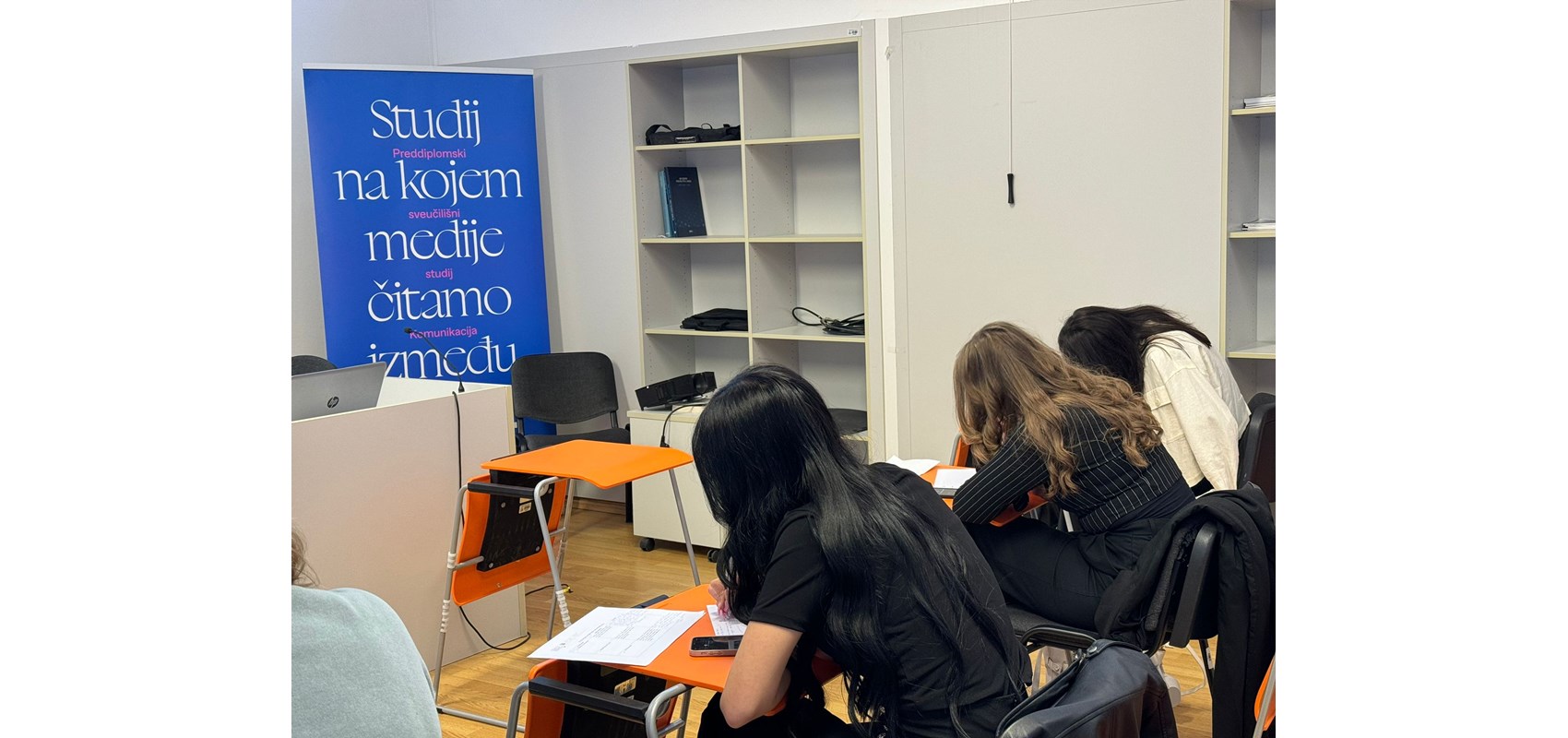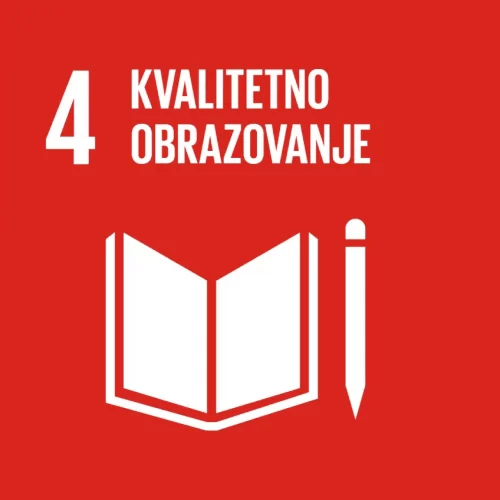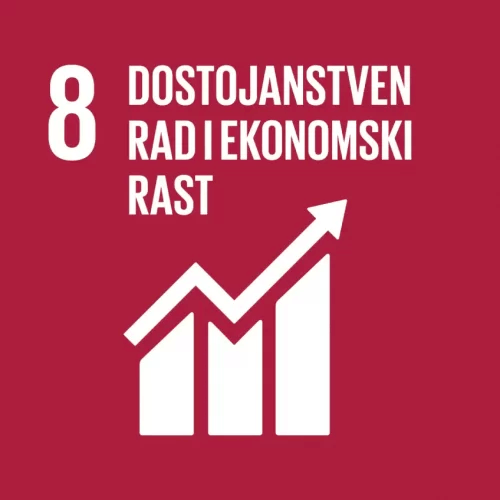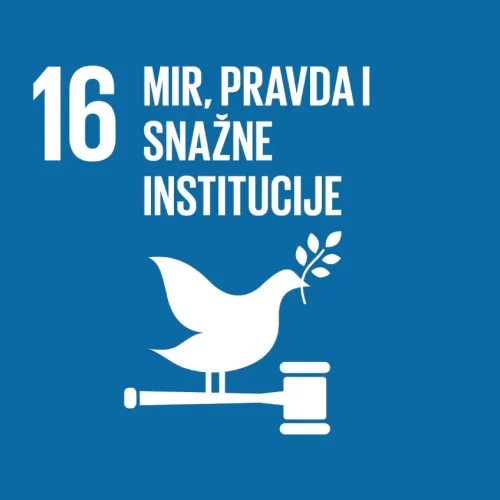As part of this year’s Science Festival, a two-hour Workshop on Deconstructing AI-Generated Content was held on April 22 at the independent university study program Communication and Media. The workshop was led by Prof. Dr. Viktorija Car, along with collaborators Antea Boko, Vanja Pavlov, and Matea Plazonić.
Given that we live in a so-called post-truth era, the media environment often exposes us to misinformation and content generated by artificial intelligence. The workshop aimed to raise awareness among participants about the challenges AI poses in the media field and was open to the general public. Participants had the opportunity to learn how AI influences the media environment, recognize AI-generated content using categories designed for fact-checking misinformation, and create content independently as well as with the help of AI tools. Through dynamic and practical tasks, participants analyzed the differences between content they created themselves and content generated using AI tools. They also performed fact-checking on provided content using misinformation verification categories.
“I believe this workshop was an excellent opportunity for participants to strengthen their media literacy and understand how AI-generated misinformation works and how to identify it. Although many can easily detect generated content, it is becoming increasingly complex and realistic, making this type of training crucial for media audiences. I am pleased that participants accepted the tasks with great interest and successfully completed them,” said workshop collaborator Antea Boko.
Given that we live in a so-called post-truth era, the media environment often exposes us to misinformation and content generated by artificial intelligence. The workshop aimed to raise awareness among participants about the challenges AI poses in the media field and was open to the general public. Participants had the opportunity to learn how AI influences the media environment, recognize AI-generated content using categories designed for fact-checking misinformation, and create content independently as well as with the help of AI tools. Through dynamic and practical tasks, participants analyzed the differences between content they created themselves and content generated using AI tools. They also performed fact-checking on provided content using misinformation verification categories.
“I believe this workshop was an excellent opportunity for participants to strengthen their media literacy and understand how AI-generated misinformation works and how to identify it. Although many can easily detect generated content, it is becoming increasingly complex and realistic, making this type of training crucial for media audiences. I am pleased that participants accepted the tasks with great interest and successfully completed them,” said workshop collaborator Antea Boko.
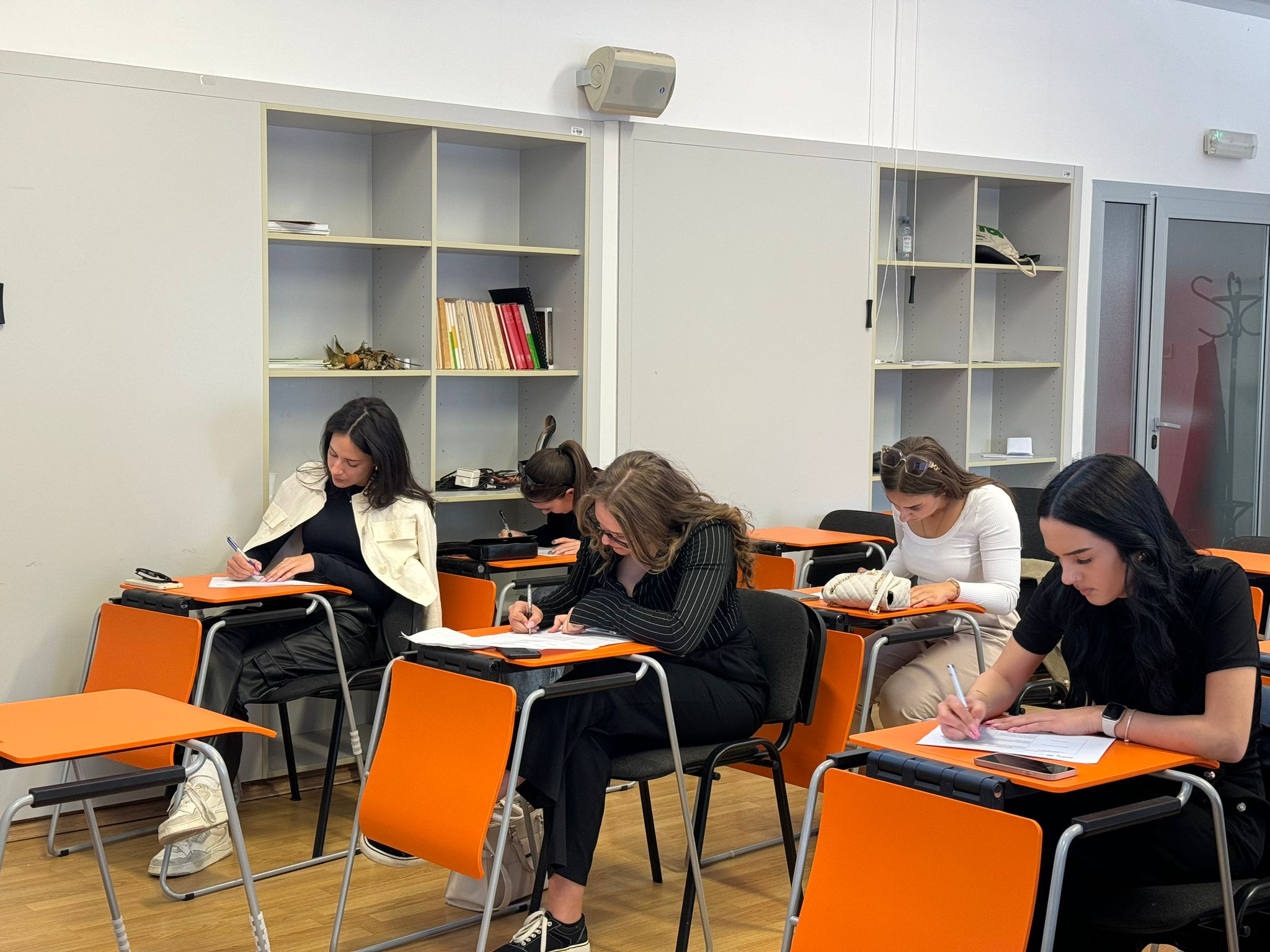 Participants of the workshop also gave positive feedback on the lectures and tasks they completed.
Participants of the workshop also gave positive feedback on the lectures and tasks they completed.“What I particularly liked about this workshop was learning how to recognize content generated by artificial intelligence. I believe this skill is very important in a time when AI is becoming an almost unavoidable tool in using social media and creating media content. It is especially crucial to identify unreliable sources using AI tools during a period when we are constantly battling misinformation. The workshop was very useful, and I look forward to similar activities in the future,” said participant Martina Gugić.
This year’s Science Festival program runs from April 22 to 27 across 36 locations throughout Croatia, featuring more than 200 activities focused on the theme of Intelligence. The festival is committed to encouraging curiosity and intelligence across all age groups, with lectures and workshops being free and open to everyone. The official opening of the festival took place on April 22, and we are especially honored that our student Anđela Čokolić moderated the introductory presentation.
Dina Zeba


